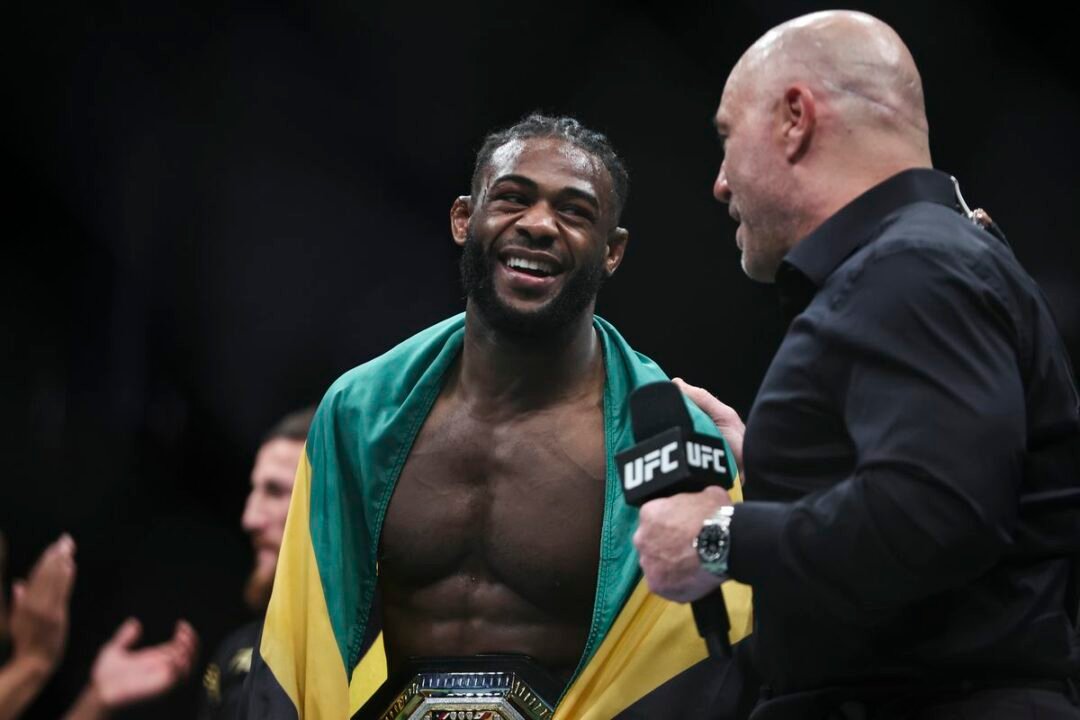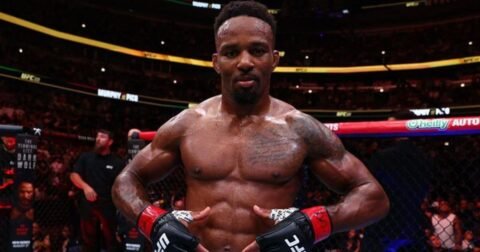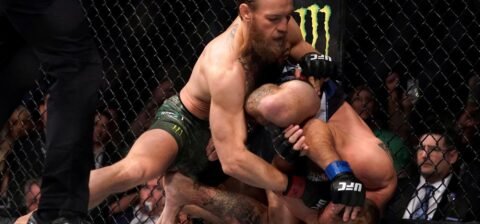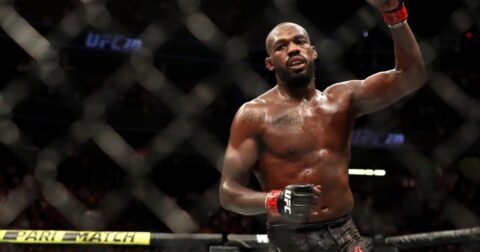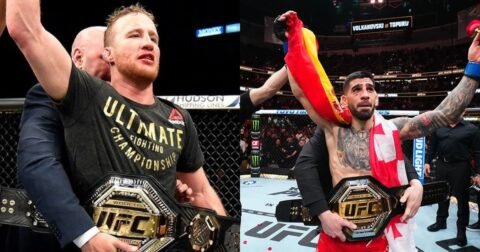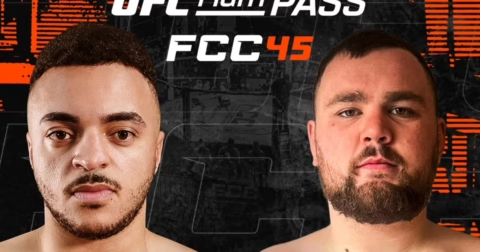The fight game reflects the pride and strength of a man. Demanding the highest levels of mental and physical fortitude, the sport of MMA is a game bred for only the most resilient of fighters. However, as demanding as the sport is, fighters often face discord between the mind and the body in the form of injuries, illnesses or psychological barriers. This theme highlights an overall lack of care for the well-being of fighters throughout their careers due to the pressuring need to fight.
Last weekend, Vicente Luque, ruled out of action for a year following a brain haemorrhage that he suffered in his loss to Geoff Neal last August, made an emphatic return to the welterweight division. Luque’s diehard style of fighting calls for a BMF-worthy reputation, however, the severity of his medical situation, despite his impressive showing against ‘RDA’ begs the question of when injuries should take preference to a fighter’s pride. Recent instances of this burden have plagued matchups such as the UFC 280 Co-Main event between Aljamain Sterling and TJ Dillashaw. The notorious title fight saw the former bantamweight champion confess to a persistent severe shoulder injury, leaving him unable to compete and ultimately falling at the hands of the ‘Funkmaster’, leaving Aljamain also asking, “When is it fair for athletes to look after their bodies?”
Former two-time champion and current #9 bantamweight contender, Dominick Cruz harrowingly detailed the depression he faced when forced out of competition due to consecutive injuries and its impact on his mental well-being, candidly saying, “Injuries while training is one of the toughest things you can ever deal with. I was so depressed at one point I just didn’t really want to live”. The ‘Dominator’ continues to explain, “I think the biggest thing I learned through the injuries is that when in doubt, focus out”.
Cruz’s battle with depression amid his continuous injury problems provides an alternative view to the struggles that arise out of forced inactivity. Stories such as Cory Sandhagen dominating Rob Font despite a fully torn tricep, or Jiri Prochazka willing to defend his title against Glover Teixeira despite having “the worst shoulder injury [the UFC doctors have] ever seen”, conceal the true ongoing struggle between the mind and body that many top athletes face.
Denying the body of its necessary care and attention is an ugly theme that has underlined combat sports throughout its history. From Michael Bisping cheating medical examinations due to his injured eye, to the trajectory of Cain Velasquez’s tragic career being undone by immense overtraining, the call to fight, highlighted by the warrior mentality embraced by many fighters of this nature, makes them fighters today, but mere survivors tomorrow.

